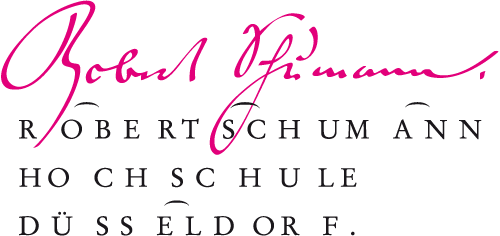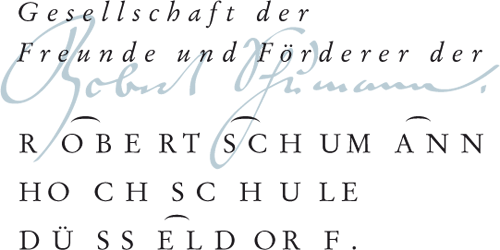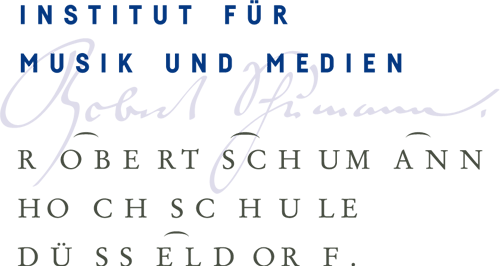The Divine Messenger
An interview-based radio piece by Christoph Collenberg
Timo Dege: A king of originality and master at healing psychological damage, a performing, original identity of life, the self-evident mastery of human dignity and automatic hero of a complete original in how he works, his output and choice of program. Since his second birth he has been aiming at leading the earth back to its original fascination and landing a K.O. punch on the senseless forever.
The author of the poetic books “Volksdichtung” [Folk Poetry] and “Die Götterbotin” [The Goddess Messenger] publishes bipolarities in his works - the opposites such as fire and water, man and woman, meaning and nonsense and all things that threaten the senses every day. Combative-bipolar-impulsive, he walks the streets of Berlin in a natural flow of everyday entertainment, goes from person to person and offers his art.
"But I'm out there for the rest of my life trying it – Aaaah! Between the hands and legs of my day without existence. This is a good song that, when it is whispered aloud with all this originality of bipolarity, opposes future deadly confrontations. The formula starts with “but” and ends with “without existence” and discusses sense and nonsense. “I am located alongside the experiments,” the senses that are in my head – eyes, ears, nose, mouth – and the experiments perceive what is around them. That is, when I say, “I am located alongside the experiments,” that's a sensory enhancement. Always. So, by reading aloud, if you use this bipolarity, you can cope with very large negativities. Thus, the point of reading this song aloud is to insert yourself into the biography. Have you already tried the formula?”
The radio piece “Der Götterbote” [The Divine Messenger] is based on a recorded conversation with street poet Timo Dege at the Tempelhofer Feld in Berlin in the summer of 2014. Again and again it takes the bipolarity in Dege’s work literally, and with artificial head field recordings, complex sounds of analog synthesizers and the improvisations of double bass player Ben Held weaves it into a sound composition. All the compositional techniques used – both field recordings and musical parts – are based strictly on the principle of bipolarity in Dege’s work and translate this into polyrhythmic, mirrored harmonies and a striking panorama. One and the same motif is constantly rotated and turned like a coin and chanted like a mantra.
The play was supervised by Marc Matter as a Music and Text project at the Institute for Music and Media.
back
Robert Schumann Hochschule Düsseldorf Fischerstraße 110, 40476 Düsseldorf
Fon: +49.211.49 18 -0 www.rsh-duesseldorf.de
Fon: +49.211.49 18 -0 www.rsh-duesseldorf.de


